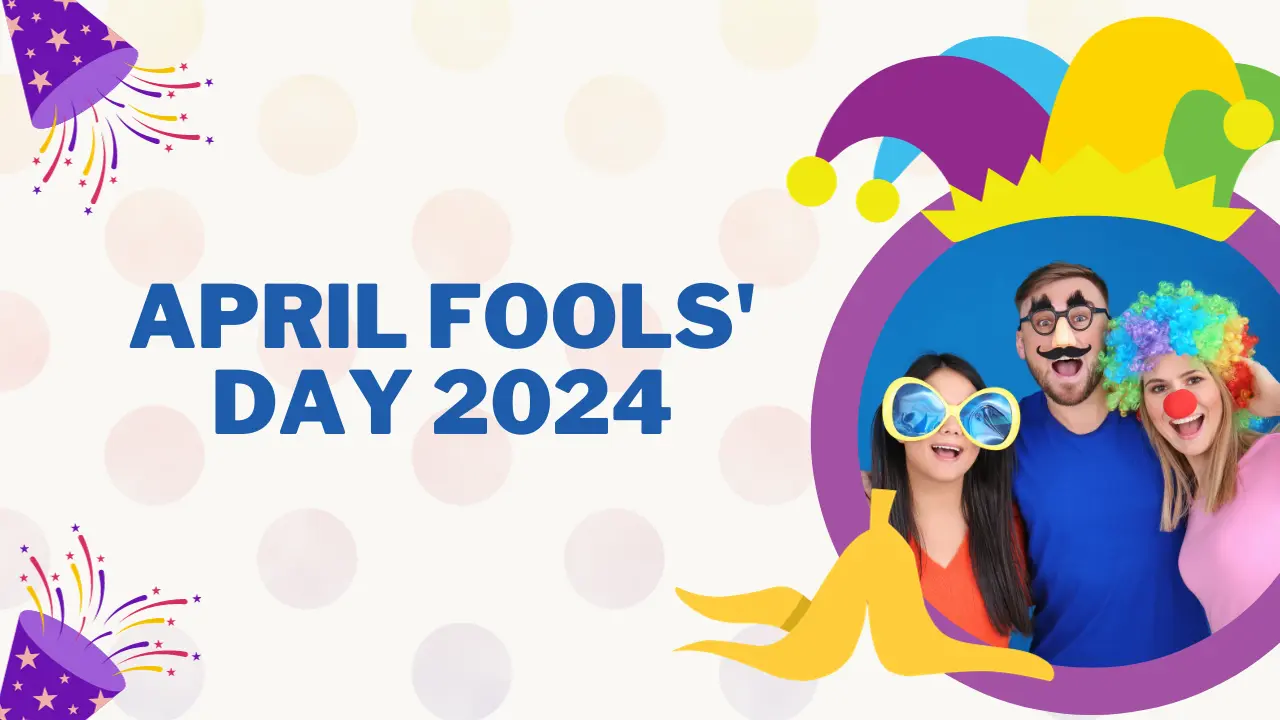April Fools’ Day, observed on April 1st each year, is indeed a time for playful pranks and jokes. While it’s often speculated that its origins may be linked to the medieval Feast of Fools, which occurred around January 1st, there isn’t a definitive historical consensus on its exact beginnings.
The Feast of Fools was a medieval European festival, particularly popular in France, during which roles were reversed, with lower clergy or even laypeople taking on the roles of higher clergy in a lighthearted and often irreverent manner. This inversion of roles and the spirit of misrule may have influenced the development of April Fools’ Day.
However, the precise transition from the Feast of Fools to April Fools’ Day isn’t well-documented. Some historians believe that the two celebrations are connected, while others suggest that April Fools’ Day evolved independently, possibly influenced by other ancient springtime festivals celebrating renewal and merriment.
Regardless of its origins, April Fools’ Day has become a widely recognized and celebrated occasion in many cultures around the world, where people engage in pranks, hoaxes, and practical jokes, all in good fun.

